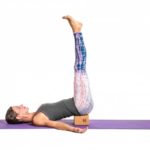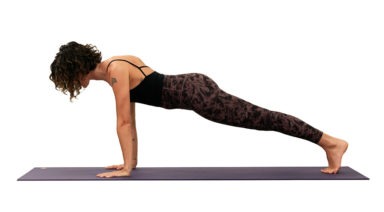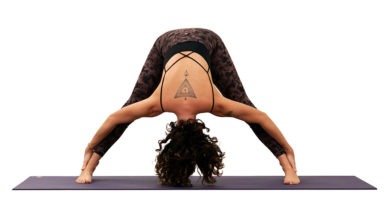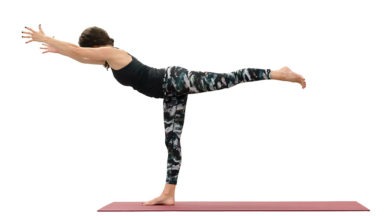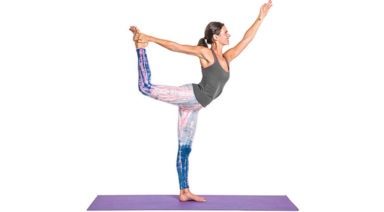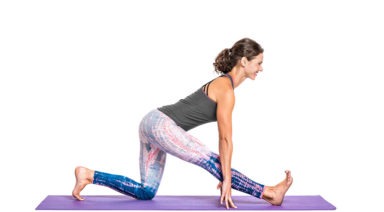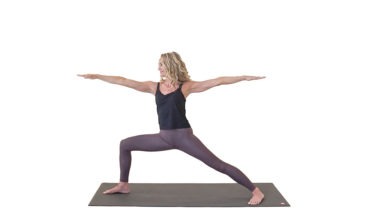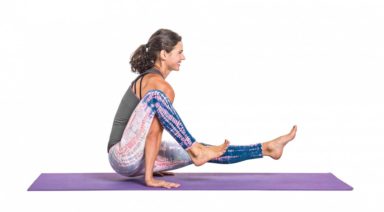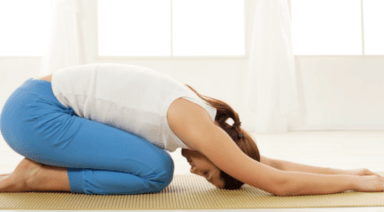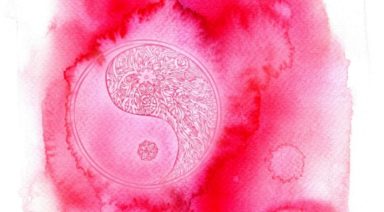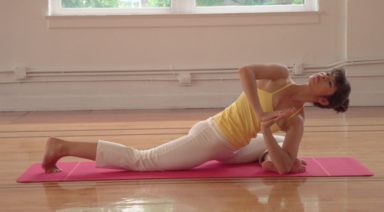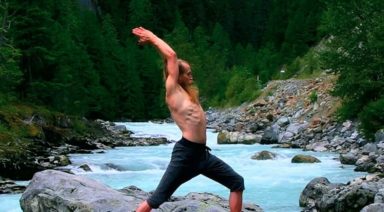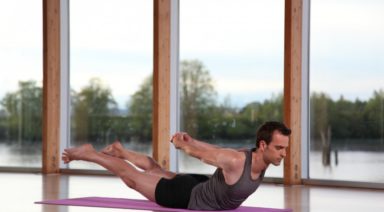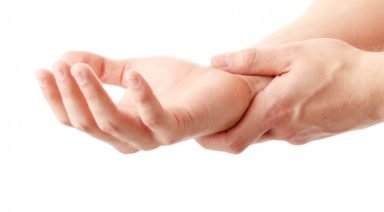Beginner Hatha Yoga Poses

Hatha Yoga is the path of Physical Yoga or Yoga of Postures is the most popular branch of Yoga. This style of yoga considers the body as the vehicle for the soul. It uses physical poses or asanas, breathing techniques or pranayama, and meditation in order to bring the body in perfect health and for the more subtle spiritual elements of the mind to emerge freely. The practice of Hatha Yoga will aim for the union of the body and the soul, to fill the body with life force. Swami Svatmarama believed that the regular practice of Hatha Yoga asanas could give “steadiness, health, and lightness of body.”
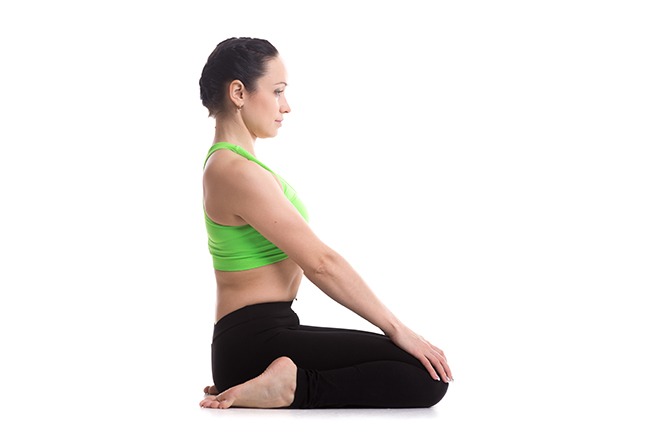
Virasana
Virasana (Hero’s pose) stretches the ankles, gluteal muscles, and other smaller muscles in the hips. Also, therapeutic for high blood pressure and asthma

Matsyendrasana
The Hatha Yoga Pradipika lists a number of specific benefits for Matsyendrasana (the Lord of the Fishes Pose). These benefits include increased appetite, the destruction of multiple diseases, and the awakening of kundalini energy.

Paschimottanasana
Paschimottanasana (the Intense Back Stretch) is a deep stretch for the entire posterior chain of the body. The posture creates openness in the calves and hamstrings and can relieve tension in the back muscles as well.

Dhanurasana
Dhanurasana (the Bow Pose) stretches the hip flexors, abdominals, chest, and shoulders. The posture also strengthens the back muscles.
About the Author
Gaia guides people on their personal transformational paths with the world’s largest library of exclusive and original conscious media. Like our members, Gaia staff are driven by curiosity, passion and the desire to grow, as we continue on our own spiritual journeys and quests. Our members inspire our own authenticity: the quest for transformation never ends. If there is a topic you’d like to learn more about, please let us know. You can also join Gaia as a contributing author and help us connect readers to people and ideas that fuel a conscious life.
Next Article
Legs-up-the-Wall | Yoga Pose

ADJUSTMENTS | BENEFITS | CONTRAINDICATIONS | MANTRA | MUDRA | PREP POSES | SANSKRIT | STEPS | TIPS
Viparita karani (vip-par-EE-tah car-AHN-ee), or legs-up-the-wall pose, is a restorative inversion that can ease the mind and relieve painful symptoms such as tension and cramps. Many people enjoy this pose using props — you may want to have a pillow, bolster, or folded blanket nearby.



